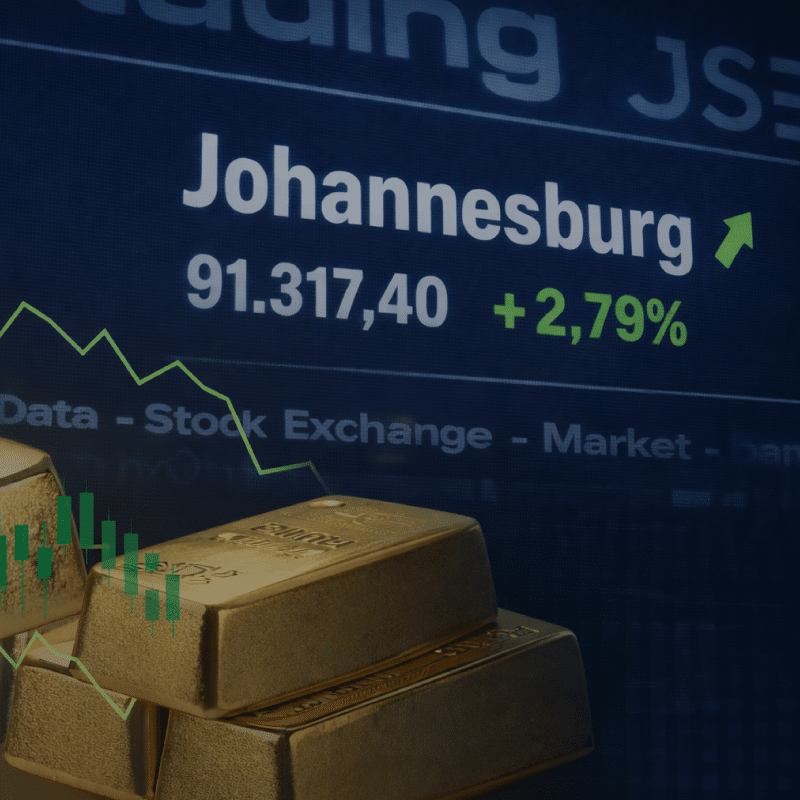The purpose of The Navigator is to provide our clients with insight into Anchor’s thoughts on different asset classes and our near-term market outlook. Click here for the full document.
We are writing this introduction on 5 July 2020, marking 100 days that South Africa (SA) has been in lockdown. That means 100 days since many waiters last earned a tip, 100 days since personal trainers last had a client and 100 days since many other people have earned any money. Scant savings are likely depleted, and a humanitarian crisis is unfolding. The scale of economic destruction is unprecedented, both in SA and across the world, as governments scamper to balance managing the COVID-19 pandemic with the swelling masses of desperately hungry people that can be found at any street corner in urban SA.
Globally, various governments’ economic panacea has been quantitative easing (QE), coupled with government support programmes. However, we have seen globally, and in SA, that these support programmes can only do so much and that a debt overhang is likely for those businesses able to survive. QE manifests as support for financial markets rather than for the real economy. In many ways, QE is a tool whereby the rich get richer, from rising stock prices, in the hope that the wealth effect will see them spend money that will trickle down into the real economy. The dichotomy within society has never been greater. The real economy is in trouble, we have hungry masses on the streets, and business profits are slumping while the global financial economy is in an upswing with a stock market recovery that is in full force. Equity prices are soldiering on, ever upward.
Once the dust settles and the health crisis is over, SA will be left with a massive hunger and unemployment problem and a government that is hopelessly overindebted. We maintain that government’s only option is to win back the trust of investors with a combination of humility and structural reform. We note that June’s Supplementary Budget was a sober reminder from Finance Minister Tito Mboweni of the gravity of the situation. Nevertheless, we are positive of his ability to deliver the expenditure savings and structural reform that the country needs. There will be intense politicking as government departments complain about scarcity of funding and vie for their share of the fiscal pie. Headlines will likely be bleak, yet this is all a step in the right direction. We are hopeful for a good outcome as we see incrementally positive steps from government.
Investing in the current global and domestic environment is particularly difficult. Asset prices look to be full and there are several risks around us. Thus, we continue to advocate caution and a diversified approach to investing. Much of the outlook depends on your view of the rand. Should we see a further recovery from the local currency’s oversold position in March, then these gains can quite quickly erode any investment gains on global markets, where returns are likely to be lower. Conversely, there is rightfully some nervousness about the outlook in SA. While we are, on balance, positive, it makes a lot of sense to hedge one’s bets and also invest offshore.
Perhaps the best advice is that, whilst volatility and uncertainty will remain high within the foreseeable future, opportunities remain throughout most asset classes. Thus, we continue to advocate for a diversified stance on all asset classes with a cautious approach towards risk.
The key to successful management of your wealth is an ability to understand the changes to the world in which we live and to adjust (when necessary) your investment portfolios accordingly. As a boutique asset manager, we can navigate these twists and turns of global developments more readily and our team of experienced investment professionals are ideally suited to understand and react to a rapidly changing environment as we pursue exceptional investment outcomes for our clients.
For the full report and our views on each asset class, click here.




